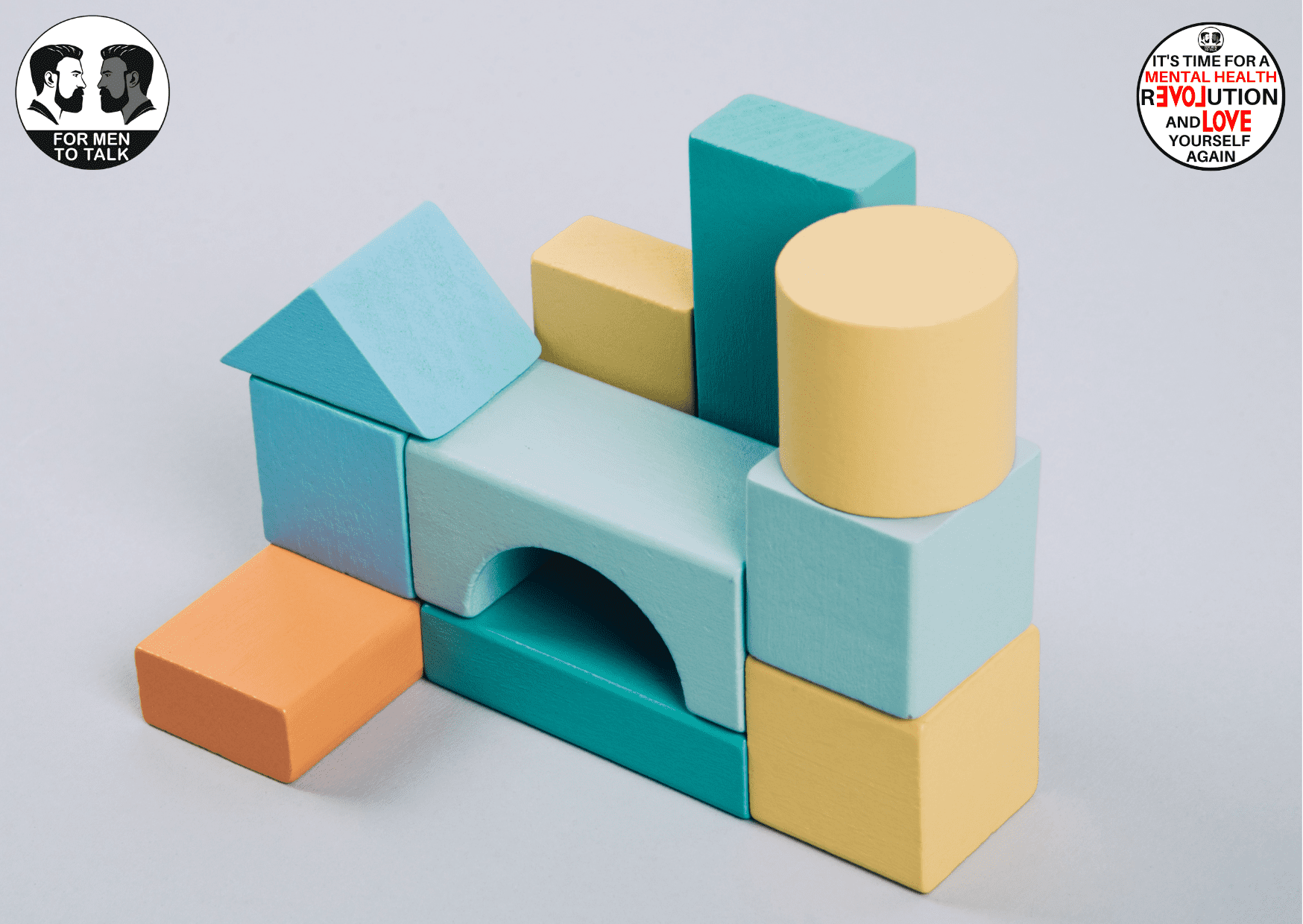What is developmental coordination disorder (DCD)?

Developmental coordination disorder (DCD) is a condition characterised by difficulty with coordination and motor skills that interferes with daily activities and participation in age-appropriate activities. The symptoms of DCD typically become apparent in early childhood and can persist throughout adolescence and adulthood.
DCD is a neurological disorder that affects the development of motor coordination in children, it’s also known as developmental dyspraxia. This can make it difficult for children to perform a range of tasks that require motor coordination, such as dressing themselves, writing and participating in sports. Children with DCD may also have difficulty with fine motor skills, such as buttoning a shirt or picking up small objects.
The exact cause of DCD is not fully understood, but it is believed to be related to problems with the brain’s ability to process and integrate information from different senses, such as vision, touch and proprioception (the sense of the position and movement of the body). Some researchers also believe that DCD may be caused by problems with the way the brain processes information related to movement, such as the planning and execution of movements.
The diagnosis of DCD is made based on a child’s history and a comprehensive assessment of their motor skills. Assessments typically include evaluations of the child’s gross motor skills, fine motor skills and coordination. A child may be diagnosed with DCD if their motor skills are significantly below what is expected for their age and if their difficulties with coordination and motor skills are interfering with their daily activities and participation in age-appropriate activities.
There is no cure for DCD, but early identification and intervention can help improve a child’s motor skills and overall functioning. Treatment for DCD typically includes physical therapy, occupational therapy and speech and language therapy to help improve the child’s motor coordination and other skills. Additionally, children with DCD may benefit from special education services, such as adapted physical education or specialised instruction in the classroom.
In school, accommodations and modifications can be made in order to improve their educational experience. This may include the use of adaptive equipment and technology, such as larger computer screens or keyboards and the use of alternative methods of writing and drawing, such as using a computer instead of a pen and paper.
As children with DCD grow older, they may continue to face challenges with coordination and motor skills, but with appropriate treatment and support, they can learn to compensate for their difficulties and lead full and productive lives.
It is important to keep in mind that developmental coordination disorder is a complex condition, every child may present different symptoms and the difficulty level may vary. Therapy, accommodations and support are tailored to fit each child specific needs.